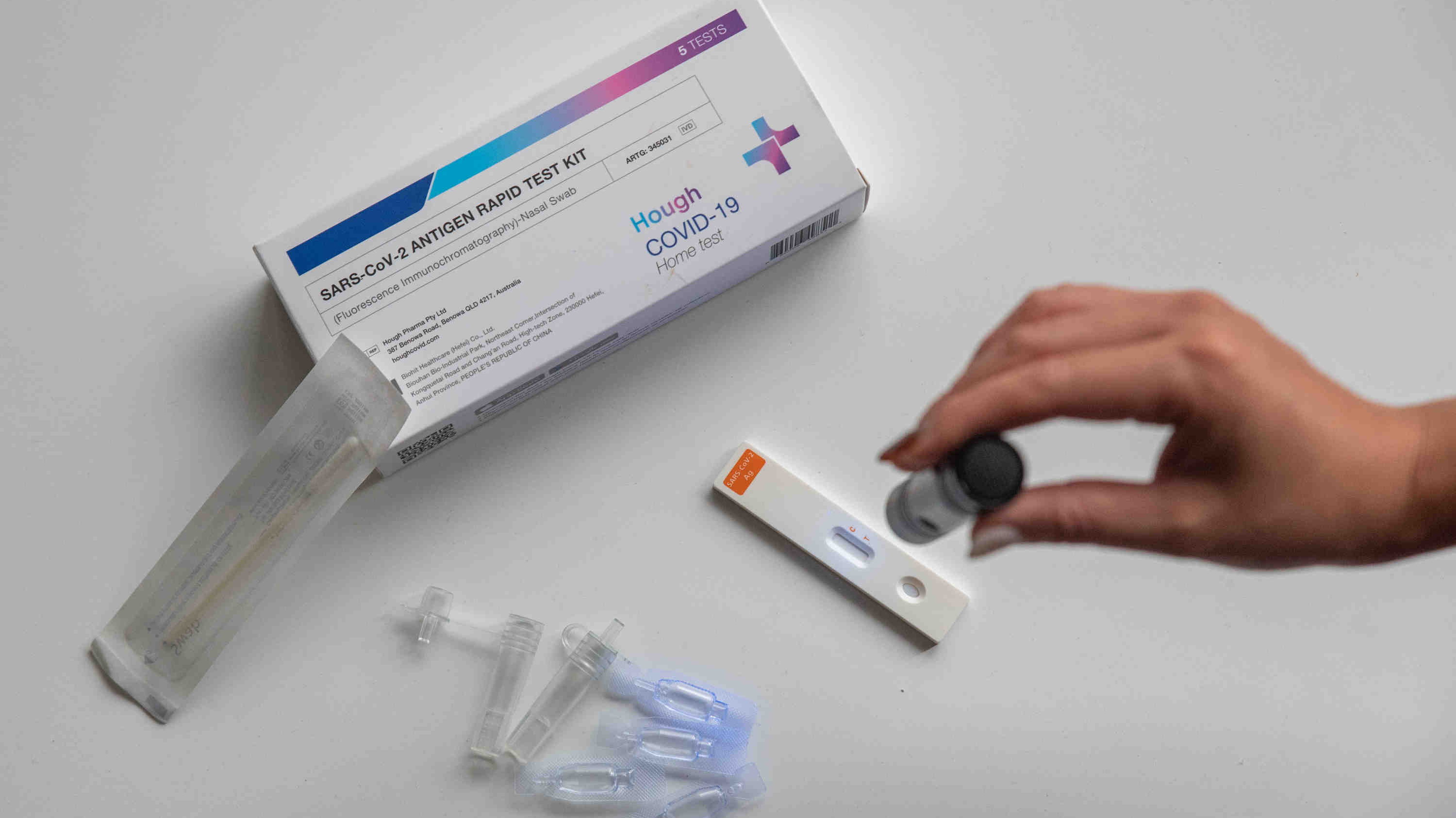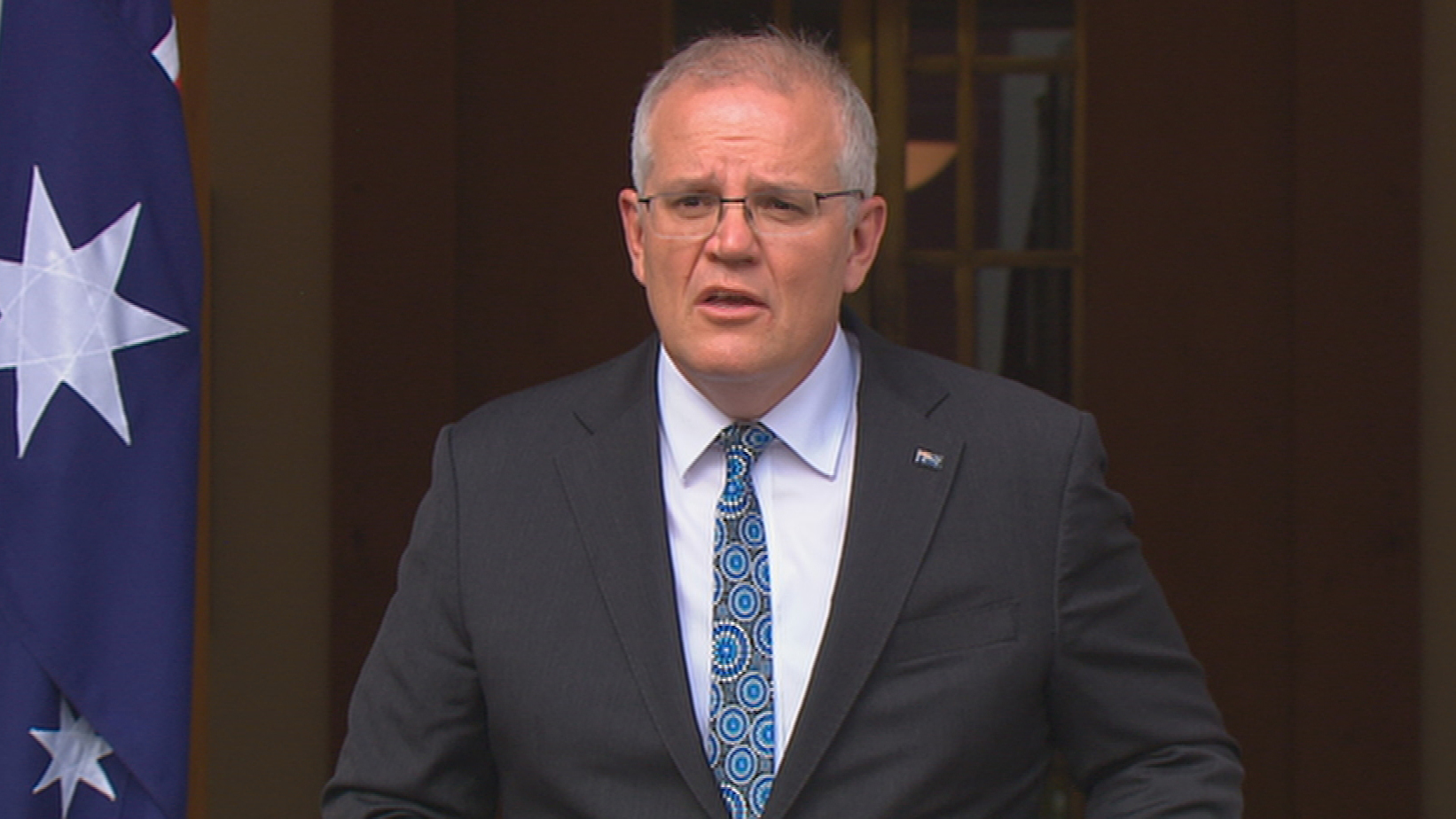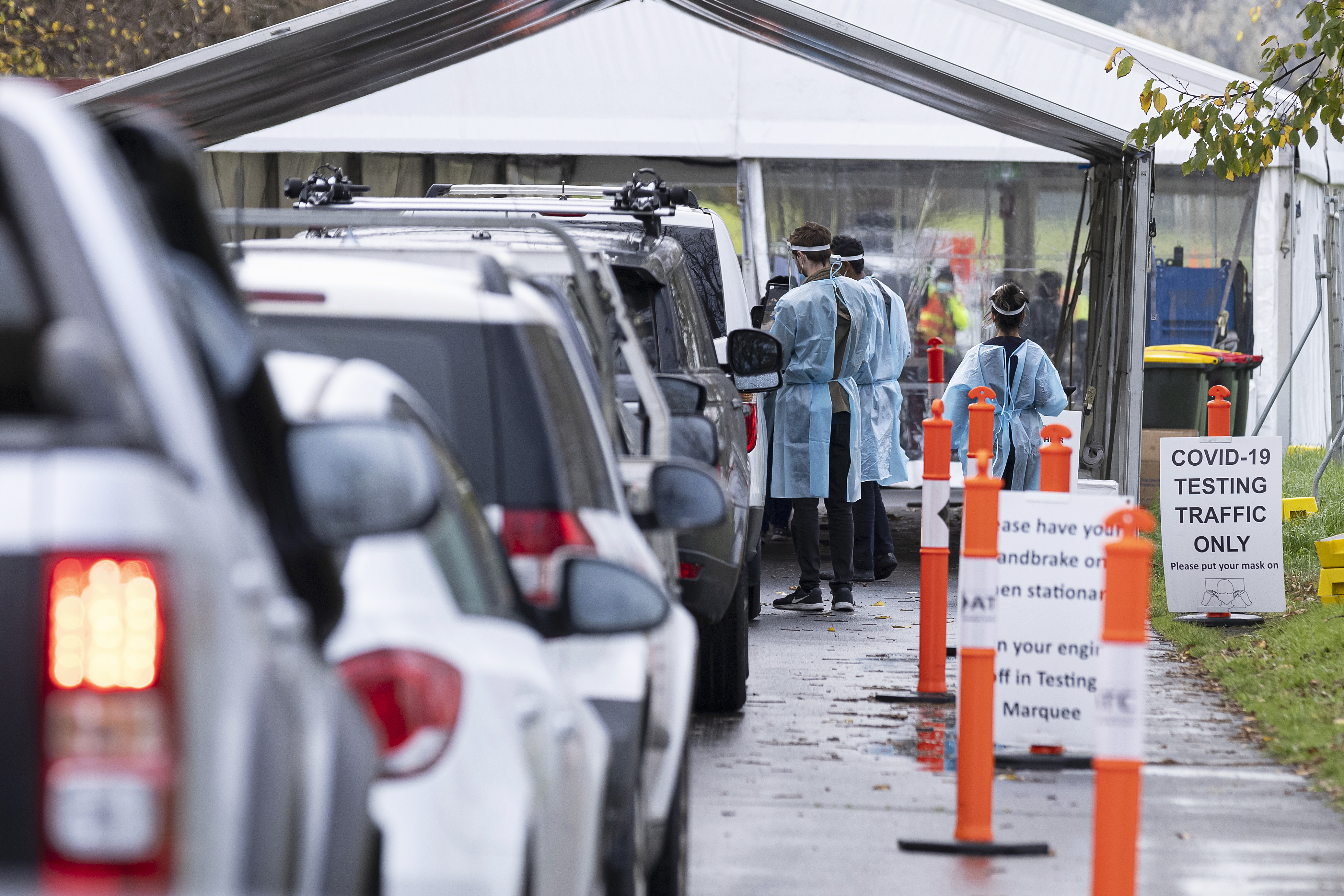As COVID-19 cases continue to climb into the tens of thousands a day and health advice changing, it can be hard to know when to get a test, and which to use.
Rapid Antigen Tests (RATs) can be done at home, but are in short supply at the moment.
PCR tests, which are free, are done at a testing centre, clinic, or some doctors but long lines and delayed results are deterring many.
However, these are more sensitive and can detect the virus earlier in the infection.
Here is what we know about when to get a rapid antigen test, who can access these for free, and when you will need to get a PCR test.
READ MORE: Changes to PCR testing announced following National Cabinet

Changes to close contact rules for some essential workers
Some essential workers who are close contacts but are showing no COVID-19 symptoms will no longer have to isolate if they get a negative result on a rapid test.
NSW Health said on December 31 "asymptomatic healthcare workers in NSW's public and private facilities who are classified as close contacts will in exceptional circumstances be permitted to leave self-isolation so these key services are not disrupted".
On Sunday, January 9, NSW Health also said critical food supply, transport and manufacturing workers may also be added to this list as supply chain shortages leave supermarket shelves bare.
How accurate are rapid tests?
With testing sites across the country overwhelmed, the current advice is to use a rapid test to confirm whether you have COVID.-19.
But early research out of the US suggests a nasal swab may not always detect the Omicron strain within the first few days of infection.
The study looked at 29 workers who had saliva PCR tests and nasal rapid tests at the same time.
The PCR test detected the virus on average three days before the rapid tests returned a positive result.
Of the 21 rapid antigen tests approved for use in Australia, none has provided evidence to the Therapeutic Goods Administration to show it accurately detects Omicron.
The TGA is now conducting a post-market review of rapid antigen tests and has asked the Doherty Institute to independently test their sensitivity to the new variant.
Who is eligible for a free rapid antigen test?
Scott Morrison announced last week rapid antigen tests would not be "universally free" however some Australians will be able to access them for free.
You can get one for free if you are one of the following cardholders:
- Commonwealth seniors health card,
- A healthcare card,
- A low-income card,
- A pension concession card,
- DVA Gold card
- DVA white card
Mr Morrison said more than 6.6 million people fall into these categories.
READ MORE: When will Australia reach the peak of Omicron cases?
Where can I get them?
For these eligible cardholders, you will be available to get the free tests in pharmacies and there will be caps on how many you can purchase.
"They will be able to get up to 10 tests over a course of three months, no more than five per month," Mr Morrison said.
"They should only be getting those test their if they are not symptomatic and they are not close contacts."

When do I need to get a PCR test?
If you take a rapid antigen test and it comes back positive, you won't need to get a follow-up PCR test to confirm the result.
So you will only need to take the rapid antigen test and if it comes back positive, you will begin the seven-day isolation period.
National Cabinet also announced earlier in the month the day six testing requirement for confirmed COVID-19 cases was removed.
However, if you are still symptomatic on day six of your isolation you should seek either another rapid antigen test or PCR test.
Close contacts still need to undergo a day six rapid antigen test to leave isolation.
If you are feeling unwell but have tested negative on a rapid test, or do not have access to RATs, you can still get a PCR test.
READ MORE: Food shortage in China's locked-down city of 13m

What happens if you do get a positive rapid antigen test?
Mr Morrison advised if you have a positive rapid antigen test, you should let your health provider know that you have COVID-19.
This is because the PCR testing system was originally used by health authorities to know how many positive COVID-19 cases there are nationwide.
The federal government is also working on a reporting system so that you can report your positive test result, as are states.
"We are working on a system through our GPs and other processes for people to report that they have got a positive test," he said.
When do the changes start?
The Prime Minister's Office (PMO) confirmed that the free rapid antigen tests will be available "within the fortnight".
The PCR testing changes when receiving a positive rapid antigen test will "essentially start now".
However, due to states needing to change public health orders, the PMO said this may take effect from midnight tonight.
What else has changed?
Truck drivers will no longer be required to have seven-day rolling tests.
If you are going to the hospital as a patient for treatment and going to work in the private hospital sector you will also not be required to get a COVID-19 test.
The requirement for a second test post-arrival in Australia from overseas will also be removed.
